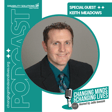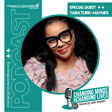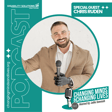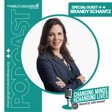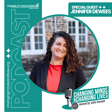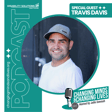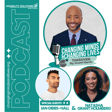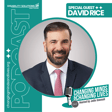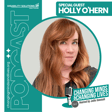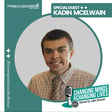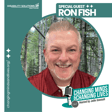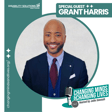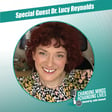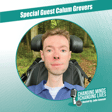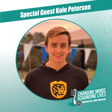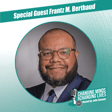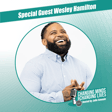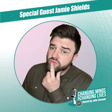
CMCL Interview: Holly O'Hern
Julie talks with Holly O’Hern of Regime Change (a corporate learning and development company) about courageous leadership, creating safe spaces, trauma-informed workplaces, recent DEI backlash, and more.
Notes:
Holly O’Hern brings 20+ years of experience in leadership development, DEI (diversity equity inclusion), learning and development, team building, and inclusive events and workshops. Specializing in both virtual and in-person training formats, her career has spanned the restaurant industry, the aviation industry, non-profit volunteer leadership, tech, and startups — and her work is informed by her completion of immersive programs on racial equity, trauma-informed workplaces, intentional gathering, collegiate-level DEI certification, and Dr. Brené Brown’s Certified Dare to Lead™ Facilitator program.
Holly believes in supporting and amplifying the voices of people from historically excluded communities and in the importance of all types of people taking responsibility for societal healing. She has been deeply involved in ERG/BRGs, including a talent role that was focused on intersectionality, sponsorship, and corporate oversight and management. She serves in an exec-level role on the Board of Directors for the Chicago Coalition for the Homeless, an organization from which she's learned about racial equity and the systemic impact of advocacy - and was formerly the President of its Associate Board.
Changing Minds and Changing Lives is produced by Disability Solutions, a non-profit consulting firm and leader for global brands in talent acquisition and inclusion for people with disabilities.
